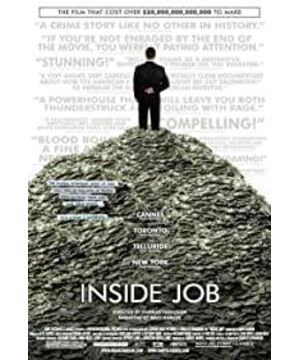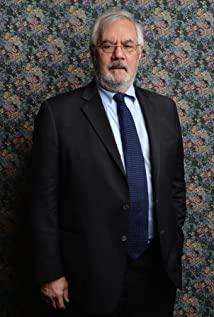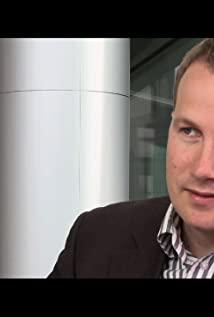The documentary about the financial crisis in 2008 was vague at the beginning due to too many technical terms. It probably means that the top executives of Wall Street in the United States have designed a set of rules for financial derivatives and refused to be regulated through legislation and academic lobbying. Mass lending to the insolvent, and banks selling the debt (CDO) to investors, which later caused a bubble. On the one hand, they lure investors to invest through the AAA rating, and on the other hand, they insure those junk bonds, and make profits from the failure of investors. Everyone thinks that finance is very profitable, and it is true, but this kind of virtual economy means that the higher the risk, the more profit. If someone artificially creates high risks to make profits, it will cause a global financial crisis. Marx clearly exposed the operating rules of capitalism very early, and my country has been emphasizing the importance of the real economy this year. One more sigh, most of the interviewed in the film are white middle-aged men in the United States. The wave of people who caused the financial crisis has not been subject to any criminal sanctions, and they are still active on Wall Street and earn a lot of money. It is always the common people who pay the price, including the so-called middle class.
View more about Inside Job reviews











